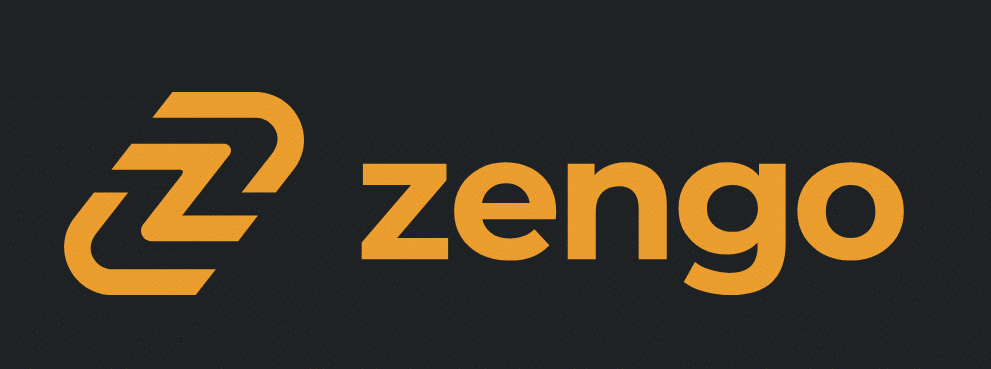In the expanding universe of cryptocurrencies, the importance of a robust, user-friendly, and secure digital wallet cannot be overstated. The dilemma for many, however, revolves around choosing the most suitable wallet. In this comprehensive guide, we delve into a detailed comparison between two frontrunners in the industry: MetaMask vs Coinbase Wallet. We aim to unravel which platform triumphs in the MetaMask vs. Coinbase Wallet standoff, focusing on their features, security protocols, supported cryptocurrencies, and overall functionality.
What is MetaMask?
MetaMask is a versatile cryptocurrency wallet making significant waves for its integration with the Ethereum blockchain. Launched by ConsenSys, it’s more than a wallet, serving as a bridge to decentralized applications (DApps) and an array of blockchain services. Metamask supports many EVM chains and layer-twos like Polygon, Arbitrum, Binance Smart Chain and more.

What is Coinbase Wallet?
Coinbase Wallet is a self-custody wallet that stands as a formidable force in the crypto arena, offering a sleek wallet interface with a stronghold in user autonomy. Although Coinbase Wallet belongs to Coinbase, the keys to Coinbase Wallet are stored directly on the user’s mobile device, and not on the Coinbase centralized exchange. Its compatibility extends beyond Ethereum, linking users with multiple blockchain ecosystems.

In the MetaMask vs. Coinbase Wallet debate, the distinguishing features play a pivotal role. MetaMask serves as a one-stop solution for Ethereum-centric traders and DApp enthusiasts. Conversely, Coinbase Wallet presents a broader spectrum, supporting an array of cryptocurrencies and direct fiat transactions.
What’s More Secure, Metamask or Coinbase Wallet?
When it comes to security in the MetaMask vs. Coinbase Wallet comparison, both platforms employ stringent measures. MetaMask prioritizes user-controlled security, with encrypted keys stored locally. Coinbase Wallet employs Secure Enclave Technology and biometric authentication methods, fortifying user assets’ safety.
Winner: Metmask
What Cryptocurrencies Do Metamask and Coinbase Wallet Support?
The MetaMask wallet primarily supports Ethereum and ERC-20 tokens, with provisions for other blockchains via custom configurations. Coinbase Wallet takes a more extensive approach, supporting a plethora of cryptocurrencies, including Bitcoin, making it a more versatile option for users who deal with multiple cryptocurrencies.
Winner: Coinbase Wallet
Are There Fees Associated With Metamask and Coinbase Wallet?
In any MetaMask vs. Coinbase Wallet discussion, understanding the fee dynamics is crucial. MetaMask operates with network-based transaction fees, with a noted absence of custody fees. Coinbase Wallet, while offering free transfers between Coinbase accounts, imposes variable fees for trading and transactions, influenced by payment methods and transaction nature.
Winner: Tie

Which Has Better Customer Care, Metamask or Coinbase Wallet?
Customer support is vital in the MetaMask vs. Coinbase Wallet comparison. MetaMask offers direct support via email and an extensive FAQ section, while Coinbase Wallet extends multiple communication channels, including phone and social media platforms, ensuring comprehensive user assistance.
Winner: Coinbase Wallet
Which Has Better UX, Metamask or Coinbase Wallet?
While both Coinbase Wallet and Metamask have user-friendly mobile apps, Metamask’s web browser continues to be the standard-bearer for wallets on desktop.
Winner: Metamask
Final Thoughts
Deciphering the victor in the MetaMask vs. Coinbase Wallet clash is subjective to user preference. For Ethereum enthusiasts seeking a straightforward interface, MetaMask stands out. However, for traders desiring a multifaceted platform supporting various cryptocurrencies, Coinbase Wallet emerges superior. Ultimately, your individual trading needs and security preferences will dictate the best choice.




